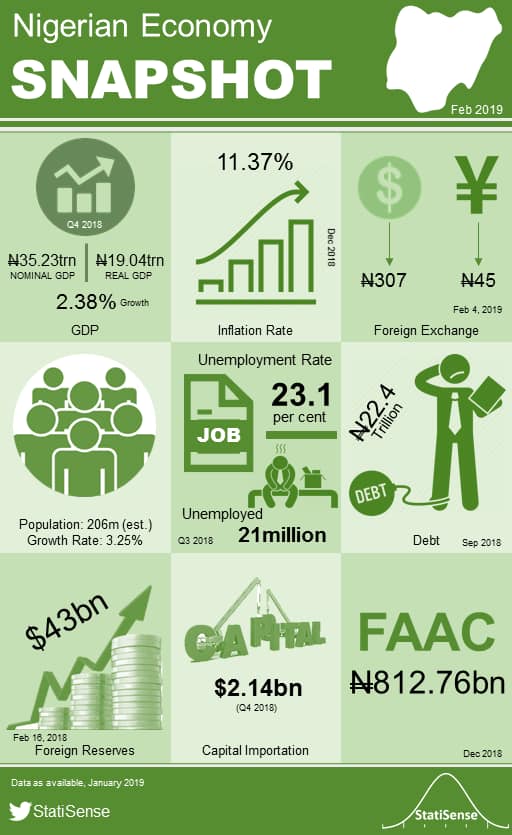There are no products in your shopping cart.
| 0 Items | £0.00 |


NIGERIA'S inflation rate rose to 13.7% during the course of September bringing it up to its highest level since March 2018 when rates reached a record high of 13.34% mainly as a result of reduced productivity brought about by the Covid-19 pandemic.
According to figures just released by the National Bureau of Statistics (NBS), inflation is escalating as demand remains steady while industrial output has reduced significantly. In its September Consumer Price Index (CPI) report the NBS revealed that prices are significantly on the up when compared with last year.
Its report read: “The consumer price index which measures inflation increased by 13.71% year-on-year in September 2020. This is 0.49 percentage points higher than the rate recorded in August 2020 of 13.22%.”
On a month-on-month basis, the headline index increased by 1.48% in September 2020, representing a 0.14% rate higher than that recorded in August 2020, which was 1.34%. The percentage change in the average composite CPI for the 12 months period ending September 2020 over that for the previous calendar year was 12.44% , showing 0.21% point from 12.23% recorded in August 2020.
In addition, the urban inflation rate increased by 14.31% year-on-year in September 2020 from the 13.83% recorded in August 2020, while the rural inflation rate increased by 13.14% in September 2020 from 12.65% in August 2020. On a month-on-month basis, the urban index rose by 1.56% in September 2020, up by 0.14% from 1.42% recorded in August 2020, while the rural index also rose by 1.40% in September 2020, up by 0.13% from the rate recorded in August 2020 of 1.27%.
Furthermore, the corresponding 12-month year-on-year average percentage change for the urban index is 13.07% in September 2020. This was higher than 12.85% reported in August 2020, while the corresponding rural inflation rate in September 2020 is 11.86% compared with 11.66% recorded in August 2020.